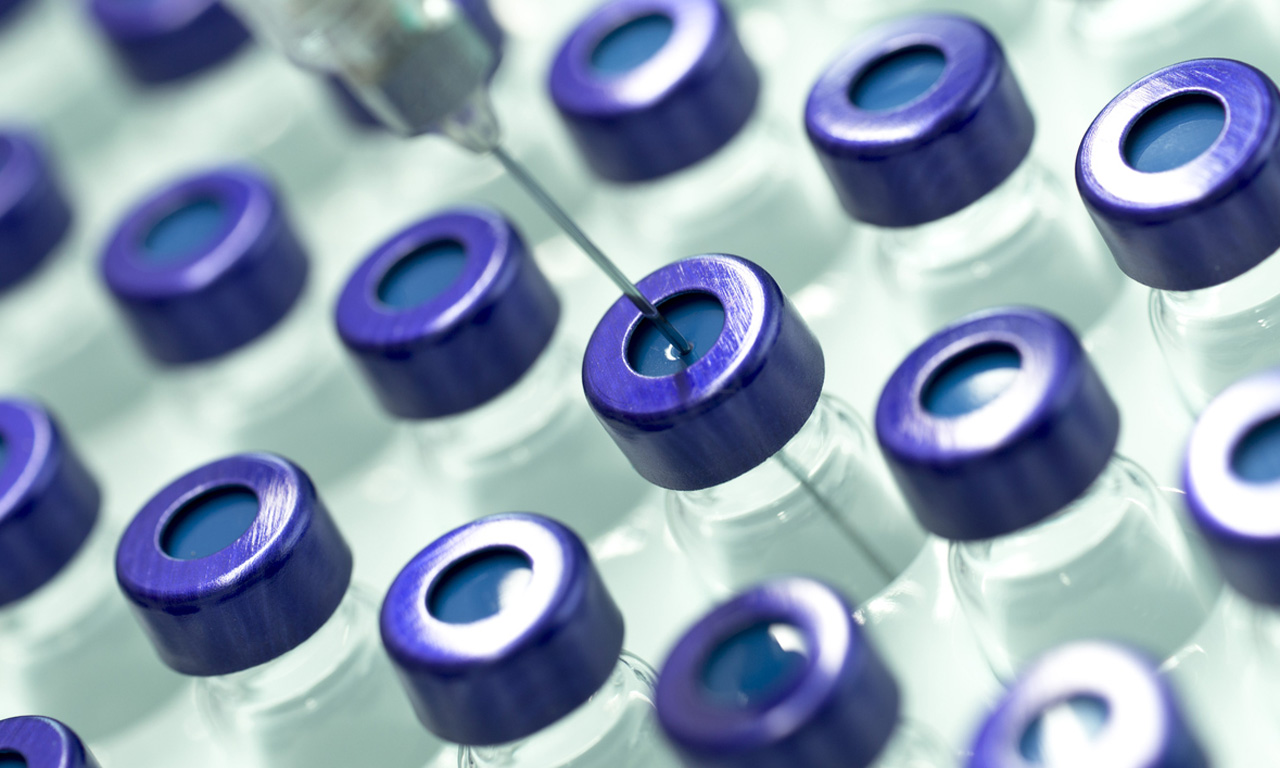HPV vaccine protects against cervical precancer in female adolescents and does not increase the risk of serious adverse effects.
This is the finding of Cochrane reviewers who have undertaken the largest review of the HPV vaccine to date.
The review included 26 studies from around the world involving 73,428 adolescent girls and women (who were vaccinated between 15 and 26 years of age), which compared the HPV vaccine with a dummy vaccine.
All trials evaluated vaccine safety over a period 0.5 to 7 years and ten trials, with follow-up 3.5 to 8 years, addressed protection against precancer.
Most participants enrolled were younger than 26 years of age. Three of the trials recruited women between 25 to 45 years.
The Cochrane reviewers found ‘the risk of serious adverse events is similar in HPV and control vaccines (placebo or vaccine against another infection than HPV)’.
The risk with control vaccines was 6.69%. The risk with HPV vaccines was 6.56% (RR 0.98, 95% CI: 0.92-1.05).
‘The HPV vaccines do not increase the risk of serious adverse events,’ the Cochrane reviewers concluded, finding that the rate of death was also similar overall (11/10,000 in control group, 14/10,000 in HPV vaccine group).
‘The deaths reported in the studies have been judged not to be related to the vaccine,’ the reviewers stated.
They added that increased risk of adverse pregnancy outcomes after HPV vaccination cannot be excluded, although the risks of miscarriage and termination were similar between trial arms.
In those vaccinated between 15 to 26 years of age, HPV vaccination reduces the risk of precancer associated with HPV16/18 from 341 to 157/10,000 (high certainty) and any precancer from 559 to 391/10,000 (high certainty).
‘The protection is lower when a part of the population is already infected with HPV,’ the review states.
In older women, vaccinated between 25 to 45 years of age, the effects of HPV vaccine on precancer were smaller, which may be due to previous exposure to HPV, said the reviewers.
‘The risk of precancer associated with HPV16/18 is probably reduced from 145/10,000 in unvaccinated women to 107/10,000 women following HPV vaccination (moderate certainty),’ they said.
‘Long-term follow-up is needed to monitor the impact on cervical cancer, occurrence of rare harms and pregnancy outcomes,’ the reviewers stated.
The full review can be read here



 Professor Margie Danchin[/caption]
Professor Margie Danchin[/caption]

 Dr Peter Tenni[/caption]
Dr Peter Tenni[/caption]
 How should we deprescribe gabapentinoids, according to the Maudsley Deprescribing Guidelines[/caption]
How should we deprescribe gabapentinoids, according to the Maudsley Deprescribing Guidelines[/caption]



 Pharmacists have always prescribed, but they have the potential to prescribe much more
Pharmacists have always prescribed, but they have the potential to prescribe much more






